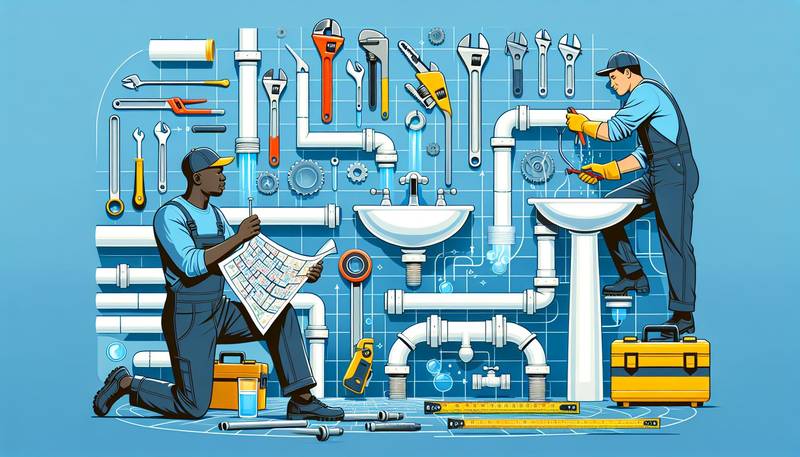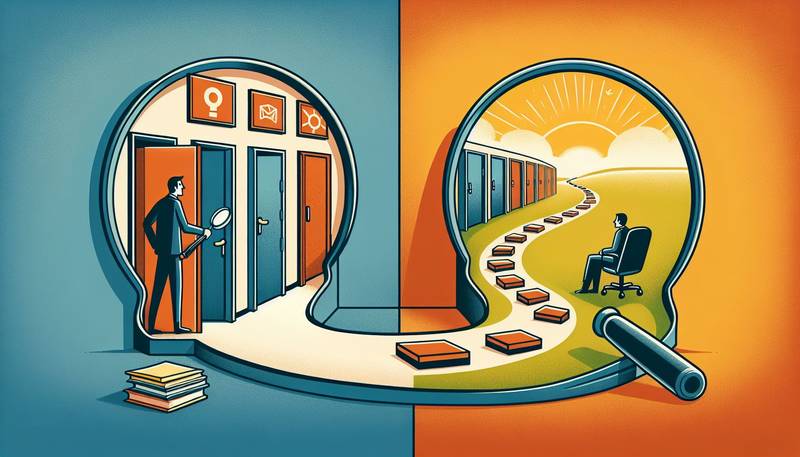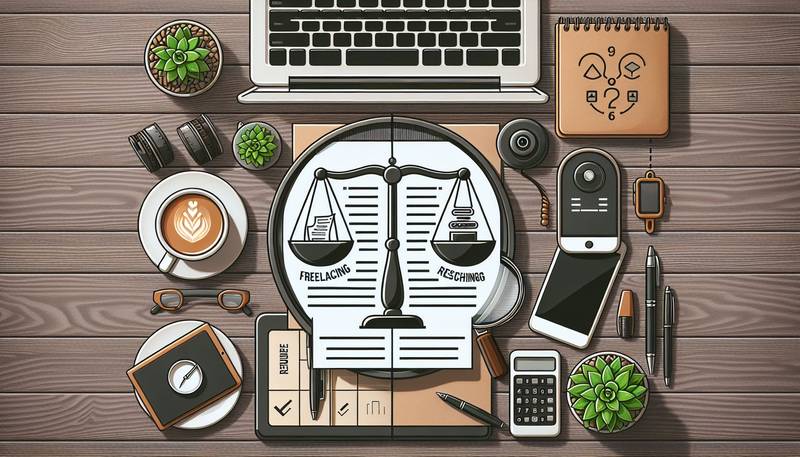Flow of Work: The Dynamic World of Plumbing Jobs
From installing new pipes to repairing leaks and clogs, plumbers play a vital role in maintaining the infrastructure of homes, businesses, and public buildings.
The Role of a Plumber
Plumbers are skilled tradespeople who specialize in installing and maintaining systems used for drinking water, sewage, and drainage. They work with a variety of materials, including copper, steel, and plastic pipes, to create efficient and reliable plumbing systems. Plumbers may work on new construction projects, remodeling jobs, or repair and maintenance tasks.
One of the primary responsibilities of a plumber is to ensure that water flows smoothly through a building without leaks or blockages. This involves installing and repairing pipes, fixtures, and appliances such as sinks, toilets, and water heaters. Plumbers also conduct inspections to identify potential problems and recommend solutions to improve the efficiency and safety of a plumbing system.
Types of Plumbing Jobs
There are several types of plumbing jobs available, each requiring different skills and expertise. Residential plumbers work on homes, apartment buildings, and other residential properties, installing new plumbing systems and repairing existing ones. Commercial plumbers, on the other hand, focus on larger buildings such as offices, hospitals, and schools, where more complex systems are in place.
Another type of plumbing job is industrial plumbing, which involves working on factories, manufacturing plants, and other industrial facilities. These plumbers often deal with large-scale systems that require specialized knowledge and equipment. Service plumbers provide maintenance and repair services to homeowners and businesses, addressing issues such as leaks, clogs, and broken fixtures.
The Flow of Work
The flow of work in the plumbing industry can vary depending on the type of job and the specific tasks involved. For new construction projects, plumbers typically work closely with builders, architects, and other tradespeople to design and install plumbing systems that meet the needs of the building. This may involve reading blueprints, cutting and threading pipes, soldering joints, and testing the system for leaks.
In repair and maintenance jobs, plumbers respond to service calls from customers who are experiencing problems with their plumbing systems. They use diagnostic tools such as cameras and pressure gauges to identify the source of the issue and determine the best course of action to fix it. This may involve replacing damaged pipes, unclogging drains, or repairing fixtures that are leaking or malfunctioning.
Challenges and Solutions
Plumbing jobs can present a number of challenges, from working in tight spaces to dealing with complex systems and hard-to-reach areas. Plumbers may encounter hidden leaks, corroded pipes, or outdated fixtures that require creative solutions to repair or replace. In some cases, they may need to coordinate with other tradespeople such as electricians or HVAC technicians to complete a job successfully.
To overcome these challenges, plumbers rely on their technical skills, problem-solving abilities, and attention to detail. They stay up-to-date on the latest industry trends and technologies, attending training sessions and seminars to enhance their knowledge and expertise. By working efficiently and effectively, plumbers can deliver high-quality service to their customers and ensure the proper functioning of their plumbing systems.
Conclusion
Plumbing jobs offer a diverse and rewarding career path for individuals who enjoy working with their hands and solving practical problems. Whether specializing in residential, commercial, industrial, or service plumbing, plumbers play a vital role in maintaining the infrastructure that we rely on for clean water and safe sanitation. With the right skills, training, and dedication, aspiring plumbers can carve out a successful and fulfilling career in this dynamic and essential trade.











